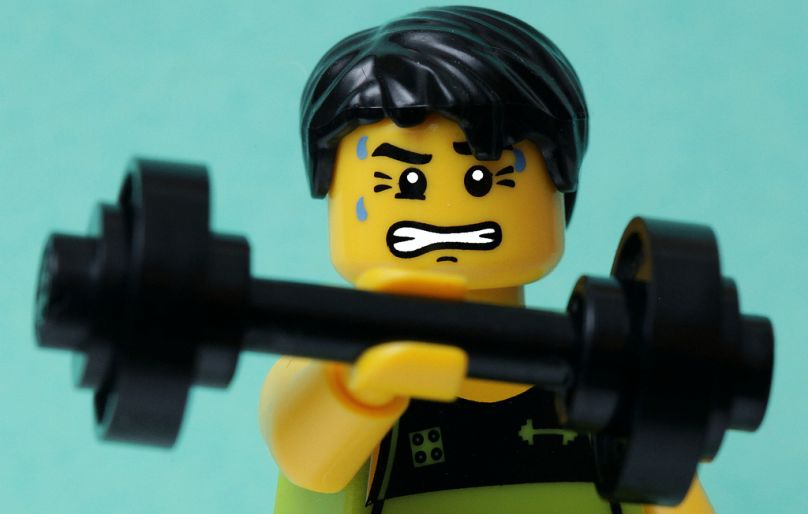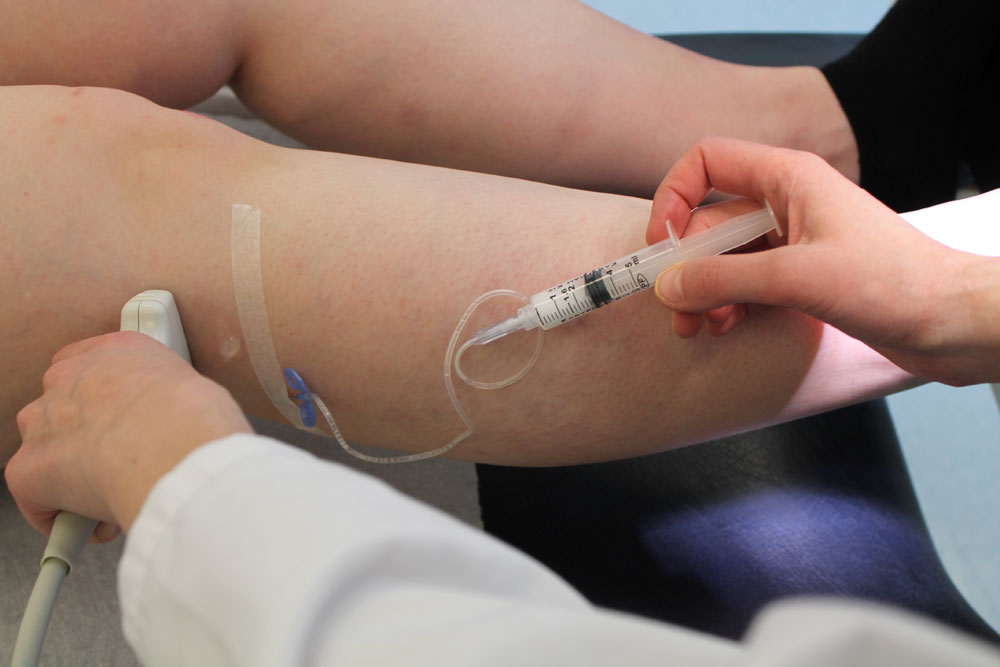Your work may be more damaging than you’d expect!
There are SO MANY factors that can affect both male and female fertility. Obesity, poor diet, lack of exercise, smoking, overdrinking, depression, hormone disorders—these are just a few of the things that play a role in your reproductive health.
But here’s another factor you might not have considered: your job. According to a new study published in the Occupational & Environmental Medicine, your profession may actually be impacting your fertility.
In the past, studies have linked occupational factors to your reproductive health and fertility. Women in (physically and emotionally) demanding jobs may take longer to get pregnant, and they may have a harder time carrying the child to term. Shift work and irregular work schedules can also have a similar effect. But according to the new study, your job may actually have an impact on your capacity to get pregnant. Your job may end up messing with your biology!
A team of researchers examined the reproductive health of 473 women. They examined not only the women’s levels of follicle-stimulating hormone (FSH, a hormone that signals a decrease in female reproductive health), but they also studied the remaining eggs in the women’s ovaries (ovarian reserve). They also examined the ovarian response, the number of eggs that could develop into healthy embryos. An additional 313 women who had undergone IVF treatment were also added to the study.
The women were all around the age of 35, with fairly healthy bodies (BMI of 23), and were part of a study that had been examining their dietary and environmental factors for more than 10 years. The researchers focused specifically on their occupation, asking questions to determine the level of physical exertion, hours worked, schedule patterns, leisure time, and physical activity.

READ MORE: Ovarian Cryopreservation is Preserving Fertility of Women with Cancer
Of the women who had a higher physical workload, the ovarian reserve was significantly lower than women who engaged in less demanding jobs. FSH levels remained unaffected by the work, but women undergoing IVF had far lower ovarian reserve and fewer eggs likely to mature.
Night shifts also had a significant effect on reproductive health and fertility. Women who worked evening or night rotating shifts had fewer mature eggs. The researchers believed the disruption to the internal body clock plays a very important role in the reproductive system.
Of course, being overweight also decreased fertility. Overweight women with physically demanding jobs naturally had lower fertility rates than women of the same weight who did no heavy lifting, as well as healthy women who did heavy lifting. Age was another factor—women over the age of 37 had a significant decrease in their fertility when they engaged in physically demanding work.
If you’re working hard at a job that requires a lot of physical labor (lifting, carrying, etc.), you may be harming your chances of getting pregnant. As this study shows, physical labor can reduce fertility among women. Adding obesity, excessive stress, age, and unpredictable schedules into the mix can only make things worse!
Does that mean it’s time for you to change jobs? Well, not everyone can sit behind a desk all day long. You may love your physically demanding job, so you may not need to change your life just because of your reproductive health. This study is simply a good reminder that your fertility is affected by every aspect of your lifestyle, including the work you do. If you’re not careful, you may impact your fertility negatively by working too hard at a physically demanding job. Take that into account when considering whether or not to get pregnant.








